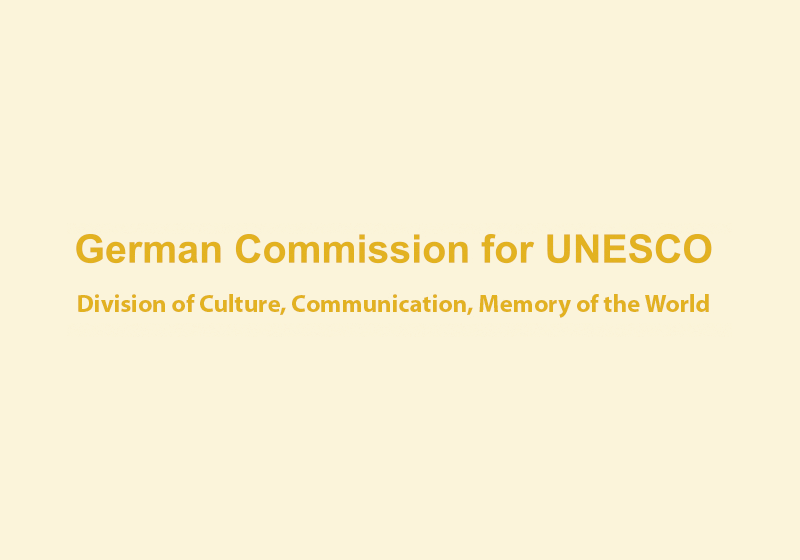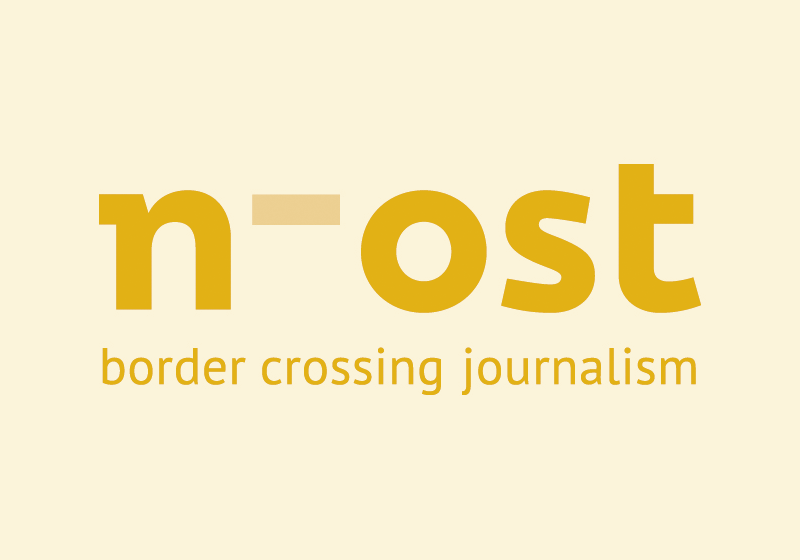Key Note: The multiple futures of journalism and development
By Christine Bukania and Eira Martens
Giving his keynote address at the FoME 2011 Symposium, Justin Arenstein of the Association of Independent Publishers and Rest of the World Media, highlighted: “There is no one future for journalism, there are multiple futures. There is no one platform and there is no one solution.”
The core role of the journalist, namely that of seeking out a story and investigating the story, has not changed. What has changed are the tools. Here are some of the points Justin made about the multiple futures of journalists and development:
• There is no room for disconnected reporters who only report what they observe, as this role has been taken up by citizen journalists. Instead, journalists must focus on extensive forensic, analytical and investigative reporting.
• Audiences expect journalists to help them make sense of raw data through linking, channeling and localizing the information. With the current flood of informationand the hyper-personal media revolution viewers, listeners and readers are expecting more engagement and increased participation in news tailored to meet their specific needs. Therefore, today’s journalists must be prepared to interact more with their audience.
• Journalists are increasingly required to understand the economics of their trade. They must be more entrepreneurial and innovative in the way they research, write and deliver their stories.
• Mobile phones are revolutionizing the way people consume information in the global South. This has facilitated selective consumption of news and issues.
Justin also spoke of business models that enhance investigative journalism in different parts of the world, especially in Africa. He explained how they are supporting networks of investigative reporters to train each other and produce content that generates revenue, as well as the ongoing work to create start-ups that implement innovative ideas. The Arizona Project, a model that ensures that stories are told by networks of investigative journalists exemplifies a successful approach to deter attacks against individual journalists.






























